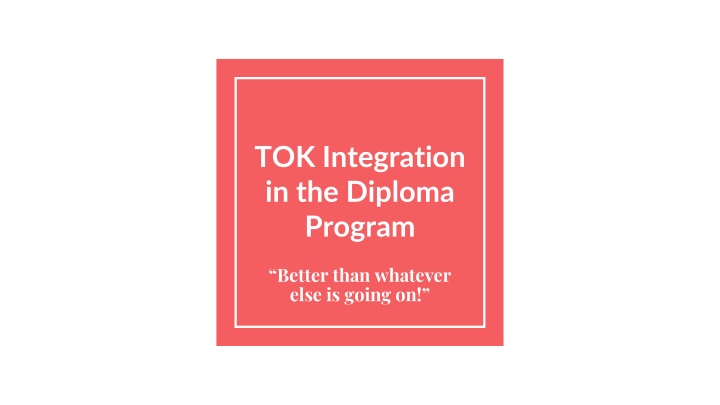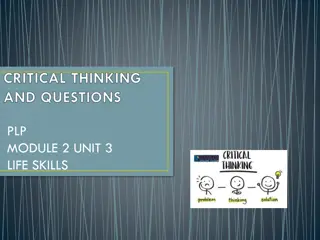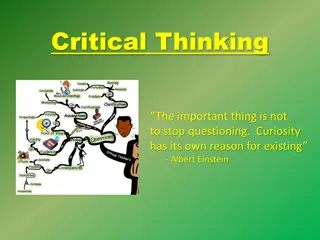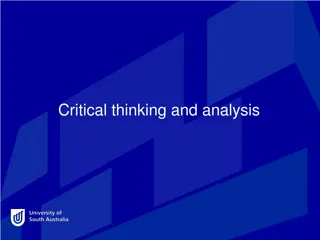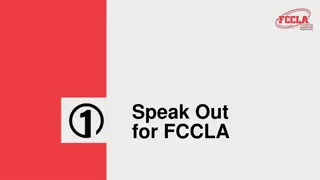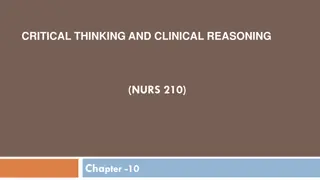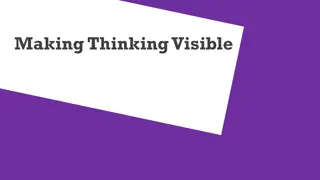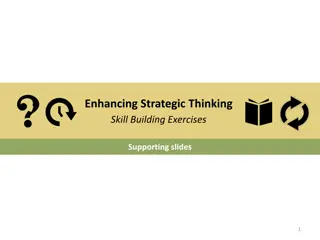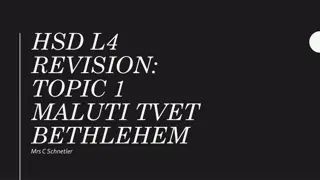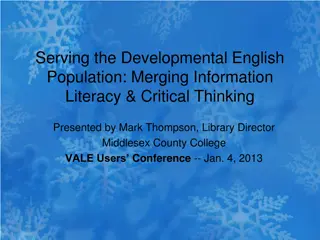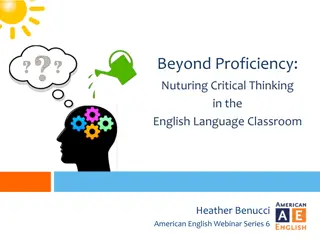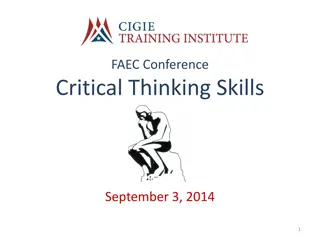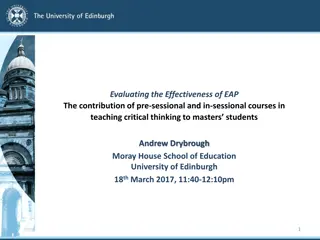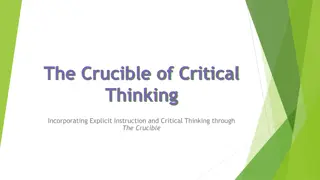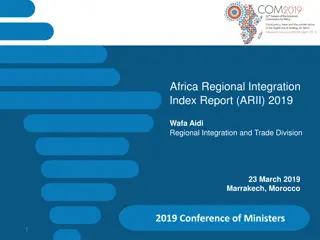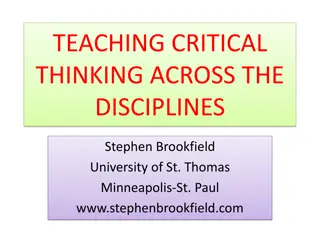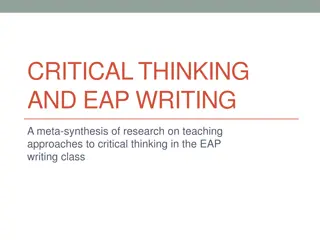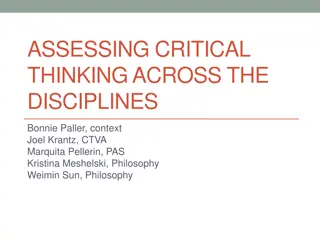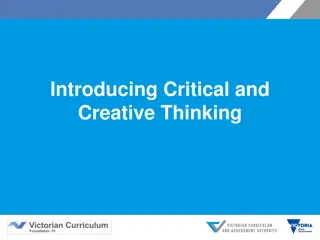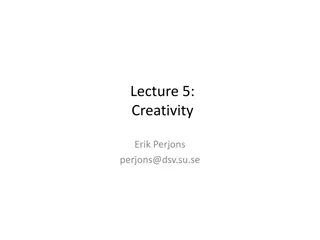Enhancing TOK Integration for Critical Thinking
Theory of Knowledge (TOK) is a crucial course that focuses on critical thinking and understanding the process of knowledge acquisition. This course encourages students to question knowledge claims and explore the construction of knowledge, fostering awareness of diverse perspectives. Learn how to integrate TOK effectively, engage students in analyzing key concepts, and stimulate curiosity through thought-provoking knowledge questions.
Download Presentation

Please find below an Image/Link to download the presentation.
The content on the website is provided AS IS for your information and personal use only. It may not be sold, licensed, or shared on other websites without obtaining consent from the author.If you encounter any issues during the download, it is possible that the publisher has removed the file from their server.
You are allowed to download the files provided on this website for personal or commercial use, subject to the condition that they are used lawfully. All files are the property of their respective owners.
The content on the website is provided AS IS for your information and personal use only. It may not be sold, licensed, or shared on other websites without obtaining consent from the author.
E N D
Presentation Transcript
TOK Integration in the Diploma Program Better than whatever else is going on!
Outline for Today 1. What is Theory of Knowledge? 2. What does TOK integration mean? 3. How can you integrate TOK into your course?
According to the IB Theory of knowledge (TOK) is a course that is fundamentally about critical thinking and inquiry into the process of knowing rather than about learning a specific body of knowledge. The TOK course examines the nature of knowledge and how we know what we claim to know. It does this by encouraging students to analyse knowledge claims and explore questions about the construction of knowledge. The task of TOK is to emphasize connections between areas of shared knowledge and link them to personal knowledge in such a way that an individual becomes more aware of his or her own perspectives and how they might differ from others.
What is TOK? Required course that students take over 11th and 12th grade. Students are supposed to have 100 hours of instruction. Assessments include an exhibition in 11th grade (1/3 of their grade), an essay in 12th grade (2/3 of their grade)
Key Course Concepts Evidence Certainty Truth Interpretation Power Justification Explanation Objectivity Perspective Culture Values Responsibility
Knowledge Questions These are the core of the Theory of Knowledge class. They are questions that are: about knowledge open ended explicitly use TOK language Ex. To what extent can we consider math a language? What is the role of experts in the production of knowledge? To what extent is historical knowledge certain?
Knowledge Questions vs. Essential Questions In our courses, we may frame our lessons or units by essential or guiding questions or aims. These are not the same as knowledge questions. Essential Question Knowledge Question
What does TOK integration mean? What are you already doing in your course that fits with goals, language, and methods of TOK? Look at the IB guide for your course (copies of the relevant pages are in today s shared folder). Look over the sample knowledge questions and identify which questions you are addressing, implicitly or explicitly, in your work. When unit planning, add a box to describe the connections (sample from visual arts in the shared folder)
What does TOK integration mean How can you use TOK to add to your course? Rather than just connecting to what you already do, you can use the concepts, ideas, and approaches to help you plan parts of a class or unit. Use one of these knowledge questions or your own, design a do now, wrap up activity, or free write or something that would meaningfully connect these ideas to your course in a way that would add to their understanding or engagement with your course content. There is a great resource, TheoryofKnowledge.net that puts together materials for just this purpose. I downloaded and added some materials for each subject area into the shared folder.
Try it out Take a look at any unit you ve done along with the IB guide for your subject (relevant pages in the shared folder). Identify two knowledge questions you believe you address and explain how. Explanation Objectivity Perspective Culture Values Responsibility Evidence Certainty Truth Interpretation Power Justification
Try it out Use anything you ve learned from today to design an activity you think would be meaningful to your class based on second order TOK questions This could be anything from a Do Now to a wrap up writing response to a discussion.
